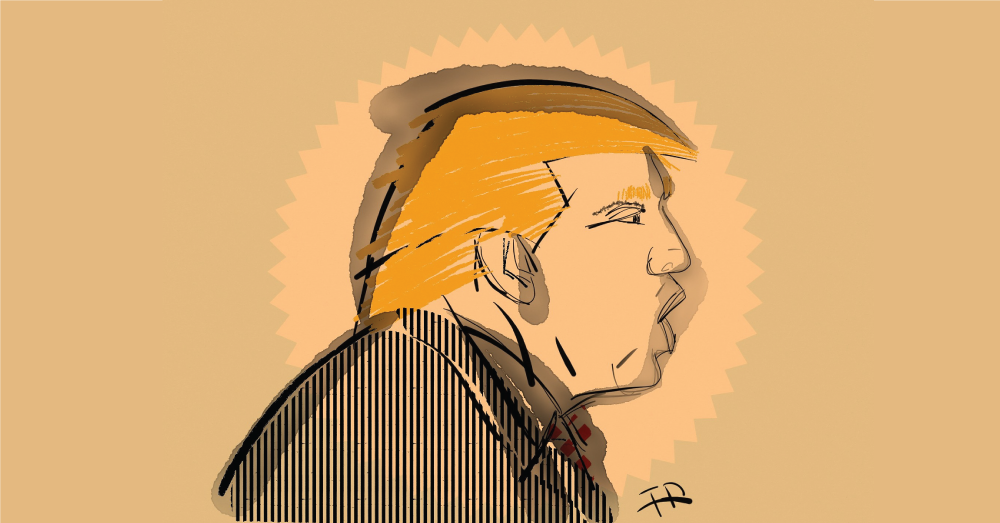
Trump Wants to Deny Struggling Americans Access to Healthy Farmers Market Food
In last week’s presidential budget, the administration proposed replacing most Supplemental Nutrition Assistance Program benefits with a pre-selected box of mostly dry goods like peanut butter, pasta and cereal. They wanted to stop benefit recipients from choosing their own food, including redeeming their federal assistance at farmers’ markets such as those our organization manages across Los Angeles.
February 24, 2018 | Source: AlterNet | by Stephen Gutwillig
Getting to choose what you eat seemingly doesn’t apply to poor people.
It’s time—literally—for an out-of-the-box approach to the Trump administration’s plan to help feed our most vulnerable neighbors.
In last week’s presidential budget, the administration proposed replacing most Supplemental Nutrition Assistance Program (SNAP) benefits with a pre-selected box of mostly dry goods like peanut butter, pasta and cereal. They wanted to stop benefit recipients from choosing their own food, including redeeming their federal assistance at farmers’ markets such as those our organization manages across Los Angeles. That’s right, fresh fruits and vegetables, nuts or whole grains—any semblance of a product that looks like it came from a farm—were excluded. Meanwhile, the plan was introduced with Orwellian descriptors like “access to a nutritious diet” and “100% U.S. grown and produced food.”
SNAP, formerly food stamps, provides very limited aid to more than 40 million Americans, primarily children, seniors and the disabled. SNAP recipients receive on average $1.40 in benefits per meal, wholly inadequate to address food insecurity among a wide swath of Americans. Nevertheless, the White House budget office seeks to slash SNAP by 30 percent over the next decade. The so-called Harvest Box was reportedly Agriculture Secretary Sonny Perdue’s contribution to that effort, touted as a poor people’s Blue Apron that would buy American-produced canned goods and save taxpayers billions.
The bipartisan rejection of this scheme was swift, but the strategy behind it painfully transparent. The food box concept hadn’t even been floated among congressional Republicans before it materialized fully formed in the president’s budget. Administration officials conceded it had merely been a ploy, a Trumpian distraction to lay the groundwork for massive cuts to federal food aid.
While this cynical grub box proposal is unlikely to advance, it’s worth unpacking the insidious implications that waft from it.
